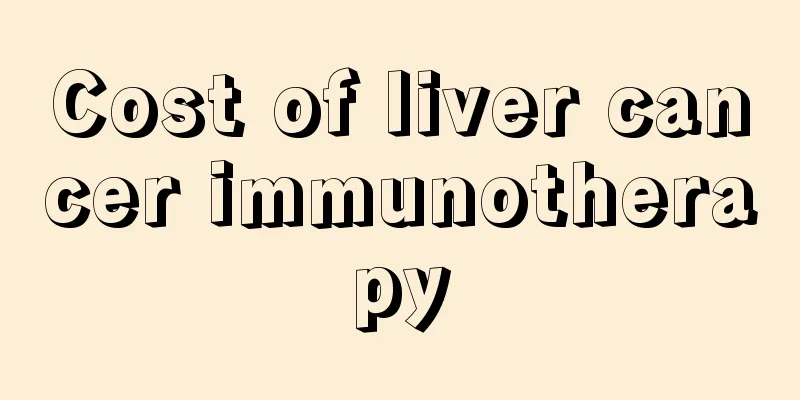What are the treatments for glioma

|
Treatments for glioma include surgery, radiotherapy, chemotherapy, targeted therapy, electric field therapy, etc. Each method has its own unique effects and scope of application. 1. Surgical treatment: Surgery is the preferred method for treating gliomas, and its purpose is to remove as much tumor tissue as possible. For tumors located in functional areas or deep inside, surgery may bring higher risks and postoperative complications, so careful evaluation is required. Before surgery, doctors usually perform detailed imaging examinations to assess the feasibility and risks of surgery. 2. Radiotherapy: Radiotherapy is a common adjuvant treatment after surgery, especially for high-grade gliomas. Radiotherapy kills residual cancer cells and slows tumor growth through high-energy rays. Radiotherapy usually starts within a few weeks after surgery and lasts for several weeks. Patients may experience side effects such as fatigue and skin reactions when receiving radiotherapy, but these are usually temporary. 3. Chemotherapy: Chemotherapy uses drugs to kill cancer cells or inhibit their growth, usually in combination with radiotherapy. Chemotherapy drugs can be administered orally or intravenously, and the specific regimen varies depending on the patient's condition and physical condition. The side effects of chemotherapy include nausea, vomiting, decreased immunity, etc., but modern medicine has developed a variety of methods to alleviate these discomforts. 4. Targeted therapy: Targeted therapy is a newer treatment method that uses specific drugs to target certain genes or proteins of cancer cells, thereby preventing the growth and spread of cancer cells. This treatment method is usually suitable for specific types of gliomas and requires genetic testing to determine whether the patient is suitable. 5. Electric field therapy: Electric field therapy is a non-invasive treatment method that interferes with the division process of cancer cells by applying a low-intensity electric field at the tumor site. This treatment is often used in combination with other treatments and has been shown to prolong the survival of some glioma patients. When choosing a treatment plan, the doctor will consider the patient's tumor type, location, size, and overall health. Patients and their families also need to communicate closely with the doctor to understand the advantages and disadvantages of each treatment method and the possible prognosis. For glioma patients, it is also very important to maintain a positive attitude and good living habits. Reasonable diet, moderate exercise and adequate rest can help patients better cope with the various challenges during treatment. The treatment of glioma is a complex process that requires multidisciplinary collaboration and individualized treatment plans. Through scientific treatment and an active lifestyle, patients are likely to achieve a better quality of life and longer survival. |
<<: The first signal of cervical cancer
>>: Early symptoms of vulvar melanoma
Recommend
What is the cause of leg pain
There is a big lump on my leg, which is very pain...
The difference between artificial leather and genuine leather
When it comes to leather products, people always ...
How to prevent eyestrain?
With the progress of society and the gradual impr...
I feel like there is something in my urethra. What's going on?
Under normal circumstances, if you urinate in tim...
What medicine is good for social phobia
It is a neurological disorder that makes it diffi...
What to do if the beef tastes a bit off
Meat is high in nutrients and very beneficial to ...
What causes joint crackling?
Many people can hear the joints crackling when th...
How to clean mink fur
Mink fur refers to clothing mainly made from the ...
What are the symptoms of early gastric cancer?
What are the symptoms of early gastric cancer? 1....
What is the cause of ascites in colorectal cancer
Some early symptoms of colorectal cancer are not ...
What to do if semen is thin
Male semen is a liquid that is discharged through...
What is the reason for stinging pain in the urethra?
I believe many of my friends find it strange to f...
The harm of advanced uterine cancer in women
Among gynecological diseases, uterine cancer is a...
What are the best ways to remove free radicals?
When it comes to removing free radicals, we need ...
Does apples have a ripening effect?
Apple is a commonly eaten fruit. It is rich in an...









